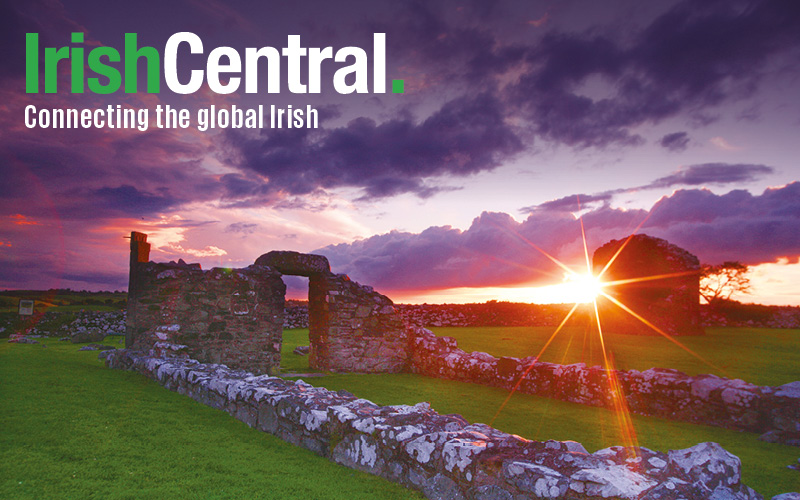READ MORE-JFK, Reagan, Clinton rated top modern presidents
Ronald Reagan’s 1980 U.S. presidential election victory provoked fears among Irish, Washington-based diplomatic corps that the newly elected president could adopt pro-British views on issues relating to Northern Ireland, new Irish cabinet papers reveal.
Though Irish American, Reagan was said to have been disgusted by the drinking exploits of his Irish Catholic father and rejected his heritage as a result.
One theory for Reagan’s reluctance to boost of his Irish heritage came from an occasion when he found his first generation Catholic Irish father passed out after a drinking binge at the family home in Illinois.
One of Reagan’s brothers remembered their father as "very sensitive, too sensitive for his own good -- too much of the juice."
Years later, Irish Ambassador Sean Donlon said that the official election position on the Northern Ireland issues had been drafted by political advisers were unfamiliar with the situation.
According to the envoy Reagan had based his policy position on advice from “professional foreign policy types,” none of whom were experts on Northern Ireland.
Mr Donlon reported in a detailed memo that Irish embassy talks with Reagan staff had “indicated a strong pro-British tendency,” adding "many of the advisers had close personal and professional contacts with the more conservative Tory establishment in Britain."
The main points raised by the Americans were "our non-membership of NATO and our alleged softness on terrorism," according to Mr Dolan.
The Ambassador recorded "An initial Reagan draft position was very pro-Unionist, and, in particular inclined to the view that NI was exclusively an internal UK matter."
During his presidency, Regan uncovered Irish roots in Ballyporeen, Co. Tipperary but did not identify himself as Irish-American during his election campaign, Mr Donlon reported "even during the St Patrick's Day primary season."
The U.S. president was known for not overindulging in alcohol throughout his political life.
Concluding his memo, Mr Donlon forecast: "The US interest in Anglo-Irish affairs will remain, but will obviously assume a form which cannot yet be predicted with any accuracy."




Comments